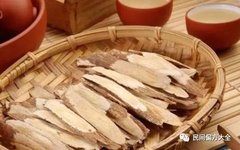Astragalus (Huang Qi), also known as Milk Vetch (Mian Qi), is a perennial herb that grows to a height of 50-100 cm. It has a thick, woody main root that is often branched and grayish-white. The stem is erect, with many branches in the upper part, featuring fine ridges covered with white soft hairs. It is primarily found in regions such as Inner Mongolia, Shanxi, Gansu, and Heilongjiang.
Distribution of Astragalus
Astragalus comprises about 2000 species, found in subtropical and temperate regions worldwide, with a primary distribution in the northern temperate zone. China is home to over 270 species, distributed from the northeast to the southwest. Astragalus is mainly produced in North China, Northeast China, Inner Mongolia, and Northwest China, particularly in provinces such as Gansu, Shanxi, Heilongjiang, Liaoning, and Hebei, with additional cultivation in Sichuan, the former Soviet Union, North Korea, and Mongolia. The Membranous Pea (Mo Jia Huang Qi) is primarily found in Northeast China, North China, Gansu, Sichuan, and Tibet; while Mongolian Astragalus (Meng Gu Huang Qi) is mainly produced in Inner Mongolia, Shanxi, and Heilongjiang, and is widely cultivated.
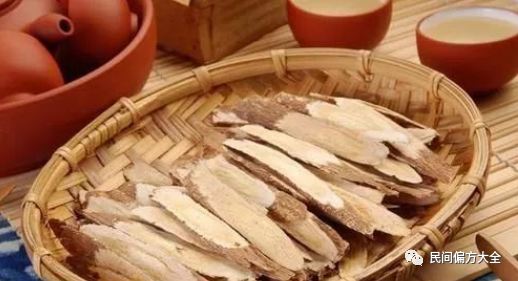
Medicinal Value of Astragalus
Astragalus has the effects of tonifying Qi and stabilizing the exterior, promoting diuresis, expelling toxins, draining pus, and promoting tissue regeneration. It is used for conditions such as Qi deficiency, fatigue, poor appetite, loose stools, prolapse of the rectum, blood in stools, and excessive sweating due to exterior deficiency. It is also indicated for chronic ulcers and blood deficiency leading to pallor. The Shennong Bencao Jing states: “It is effective for carbuncles and chronic ulcers, promotes pus drainage and alleviates pain. It tonifies deficiency and treats various diseases in children.” The Rihua Zibencao notes: “It assists in Qi, strengthens muscles and bones, promotes flesh growth, and nourishes blood.”
Enhancing Anti-Fatigue Effects
Astragalus can enhance the muscle strength of rats and mice. When rats were administered an Astragalus decoction for 6 or 14 days, it significantly improved their swimming endurance and increased plasma cortisol levels in stressed rats, surpassing those in the blank stress group and normal control group. Astragalus also increased the adrenal weight and thickened the adrenal cortex in stressed rats, indicating that its ability to enhance stress resistance is achieved through improved adrenal cortex function.
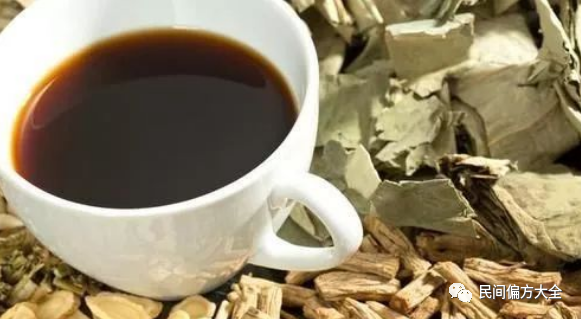
Qi and Blood Nourishing Effects of Astragalus
Regular consumption of Astragalus has benefits for tonifying Qi and nourishing blood, which is beneficial for those with internal injuries, fatigue, spleen deficiency, and symptoms of Qi deficiency, Qi decline, and blood deficiency. Daily intake of Astragalus can help mitigate the harmful effects of these conditions on the body, but consistency is key; for example, consuming Astragalus daily can achieve significant Qi and blood nourishing effects.
Slowing Natural Aging
Astragalus can extend the average lifespan of silkworms and fruit flies, and slow the natural aging process of human diploid lung cells in vitro, extending their lifespan to 98 generations compared to only 61-66 generations in the control group, thus increasing lifespan by one-third. It also has protective effects on mouse renal cells. Astragalus exhibits antioxidant properties, reducing serum lipid peroxides and liver lipofuscin levels in animals. Hydrogen peroxide-induced damage to Chinese hamster lung cells (V79) resulted in decreased SOD activity, while total flavonoids from Astragalus restored SOD activity, reducing lipid peroxides’ damage to biological membranes.
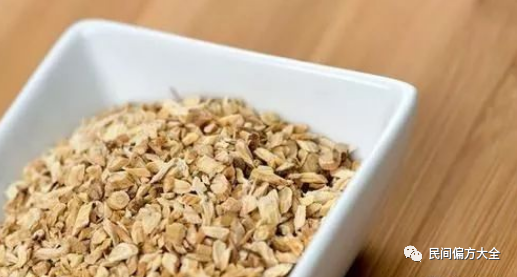
Methods of Consuming Astragalus
1. Use 3 slices of Astragalus daily, steeped in water. This is particularly effective for those with Qi and blood deficiency.
2. Take 2 slices of Astragalus and decoct them. Use the decoction to cook rice or porridge, resulting in Astragalus rice or porridge, which is also very beneficial.
3. You can also add some Astragalus when cooking meat, chicken, or duck to enhance the nourishing effects.
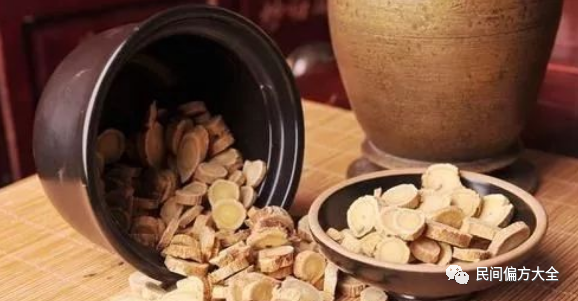
Astragalus Chicken Porridge
Ingredients include 10 grams of Astragalus, 160 grams of rice (one cup), chicken breast (or any bone-in chicken), and goji berries (do not add goji berries in the first week after childbirth). Avoid using old hens that lay eggs. Wash the rice thoroughly, add an appropriate amount of water, and include the Astragalus. Use a rice cooker to prepare porridge. Cut the chicken into small pieces, season with salt, shrimp powder (ground shrimp as a substitute for MSG), and minced ginger, and marinate. When the porridge is boiling and the rice is soft, about ten minutes before the rice cooker switches to keep warm, open the lid, add the chicken, and stir to break it apart without clumping. Finally, add goji berries. Adjust the water amount according to personal preference; for thicker porridge, use less water, and for thinner porridge, add more water. If too much water is added and you want it thicker, simply cover the rice cooker again for a while, and the porridge will thicken.
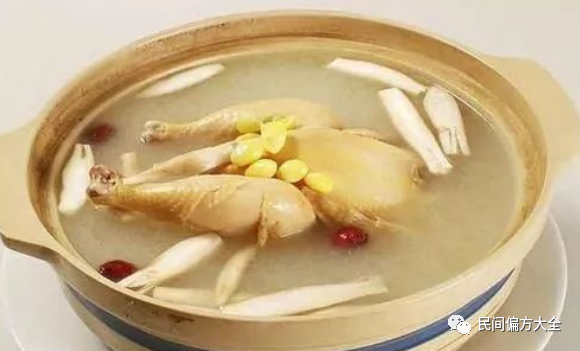
Precautions for Astragalus
Astragalus is a commonly used traditional Chinese medicine with good preventive and therapeutic effects for diseases such as hypertension, diabetes, and osteoporosis. However, it is important to pay attention to the dosage to avoid excessive use, which can lead to heat symptoms or other side effects. Here are six precautions for using Astragalus:
1. Avoid raw and cold foods, as well as smoking, alcohol, and strong tea.
2. Avoid excessive fatigue, worry, anger, and fear.
3. Not recommended for newborns and infants.
4. Avoid use in individuals with allergies.
5. Not suitable for those with damp-heat in the spleen and stomach.
6. Strictly avoid incompatible combinations.
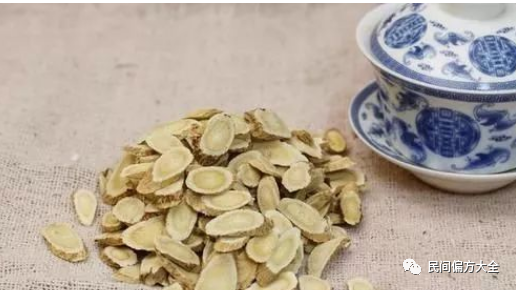
Choosing Astragalus
When selecting Astragalus, first examine the outer skin; the best quality has a white outer skin and a yellow inner core. Next, check the cross-section of the Astragalus slices for holes, as Astragalus is prone to mold and pests; any black holes indicate poor quality. It is best to chew a piece; a strong bean-like aroma is preferable.
Astragalus should have a mild aroma, with a sweet taste when chewed. When selecting Astragalus, look for dry, thick, and sturdy pieces with few wrinkles, sufficient powdery texture, and a solid, fibrous quality that is not easily broken, with a sweet taste and no black heart. If the cut surface shows no or minimal golden veins, it may indicate moisture damage.
Currently, there are virtually no wild Astragalus available on the market; all are cultivated, which is important to note.
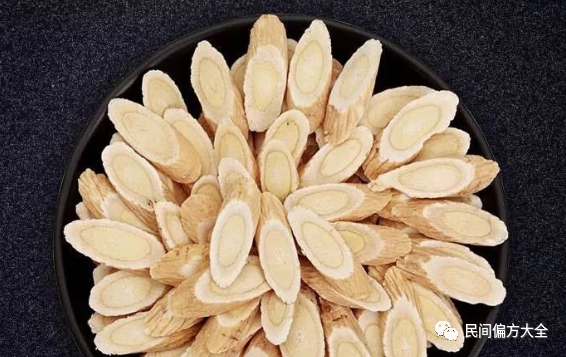
If you enjoyed this article, please click “Like” and share it as your best support!
More exciting content, please click below↓↓↓
1.Did you know that goji berries should not be casually steeped in water? In four situations, it can be toxic to the body, so remember this!
2. Drinking Astragalus regularly can eliminate many ailments; add this ingredient for double the effect, inexpensive and effective!
3.“Purine King” discovered, 40 times that of pork; experts remind: to avoid gout, quit early!
4. A natural penicillin has been found; eating a little can keep cancer cells at bay!
Scan the QR code below to follow me!


Great Nation Revival Complete Collection of Folk Remedies
Don’t forget to click 【Like】
Let us continue to raise our voices👇

